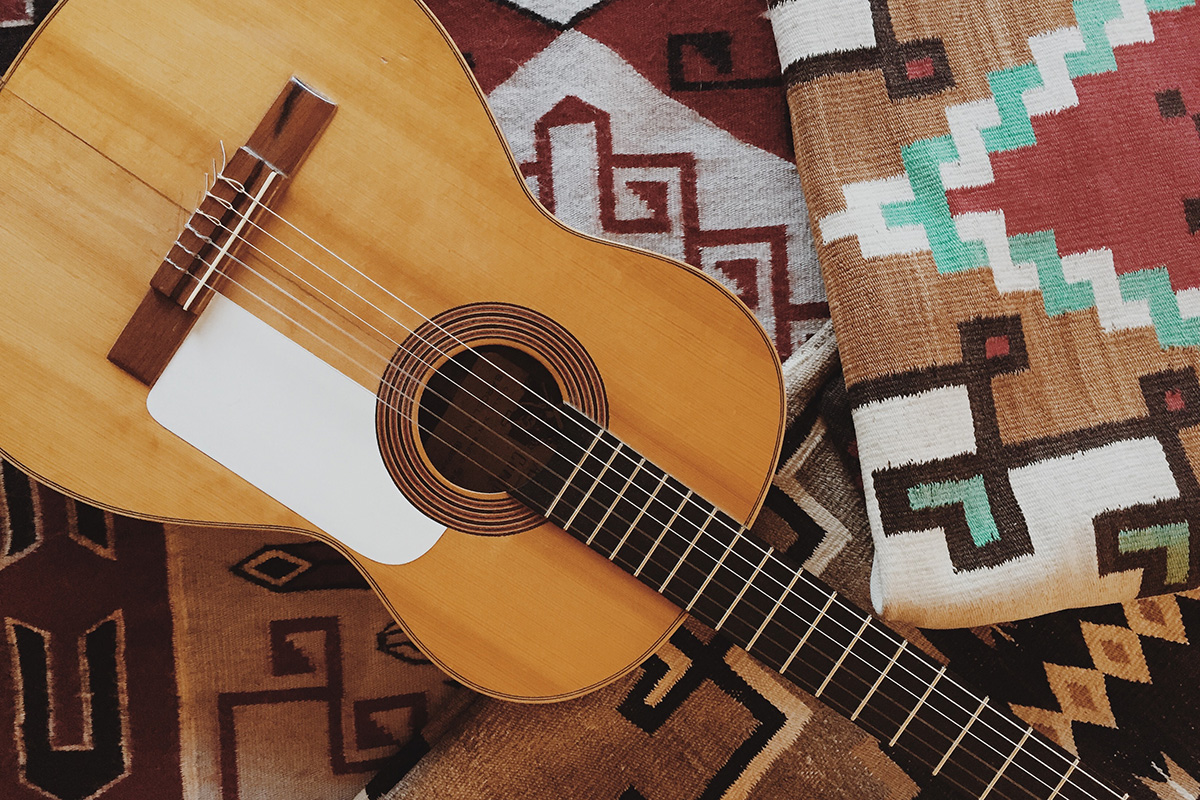Folklife Friday is a weekly digest of arts and culture articles, podcasts, and videos from across the web. Read on for a selection of the week’s best cultural heritage pieces, and don’t forget to check back next Friday for a new set of weekly picks.
What Gets Lost in Translation Gets Transformed
For writer Jianan Qian, the difference between an original text and its translation reveals much about place, audience, and cultural sensitivity. In this essay, Qian takes a closer look at several works in translation—among them, The Stranger and War and Peace—arriving finally at a clarion call to fellow writers. “Translators are hunters who are always on the lookout for equivalents in the target language,” Qian writes. “We need to work hard to become the equivalent of the great author of the original text.”
Second Wave: “Viet Kieu”
“Many people think of Vietnam as a war and not a place,” says Thanh Tan, writer and host of the new KUOW podcast about the Vietnamese American experience, Second Wave. In this episode, Tan explores questions of identity and belonging with writer Viet Thanh Nguyen. “In Vietnam, one narrative has erased Southern Vietnamese and refugee experiences,” Nguyen says. “So why would we turn around as exiles and decide that it is our turn to impose one narrative?”
Nathan Englander Says His New Book Is “a Turducken of a Novel”
Part political thriller, part historical novel, Dinner at the Center of the Earth takes as its subject the Israeli-Palestinian conflict and the many complexities of the longstanding strife. “Whereas I lived in Jerusalem…and a Palestinian neighbor lived in Al-Quds…literally we were inhabiting the same space,” Englander explains in this NPRinterview. “I was looking for a space for the no-man’s land where a moment of understanding might take place.”
A Conversation with Native Americans on Race
What does being “Native enough” mean, and how is the question playing out in communities across the United States? In this video, Native Americans share their perspectives: “I haven’t decided to be part of my culture. I live it every day.” Among the themes that emerge from the discussion is that of belonging and of having to prove oneself in the face of outward bigotry. “Being Native in a city is an almost a daily reminder of your people’s erasure, of the fact that people don’t even remember that you’re here and you exist.”
The Women Taking on the Macho World of Mariachi
“Most people think of mariachi as being from Mexico, as being men, as being macho. And we’re pretty much opposite of all those things,” says Shae Fiol, co-director of Mariachi Flor de Toloache, New York City’s first all-female mariachi band. In this video, Fiol and co-founder Mireya Ramos speak to the formation of their group, the traditions they have revised—namely swapping out skirts for pants—and what, in the end, remains the same. “It’s some of the most passionate music I’ve ever heard. It’s beautiful. It’s heartfelt.”
Special thanks to editor Elisa Hough and to Michael Atwood Mason for their contributions to this week’s digest.


